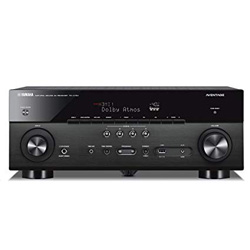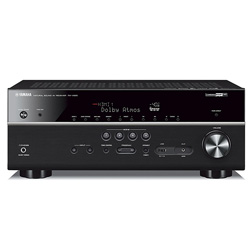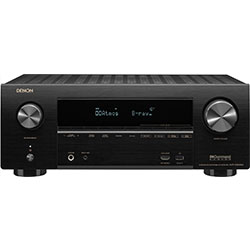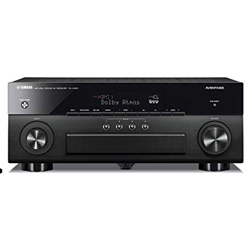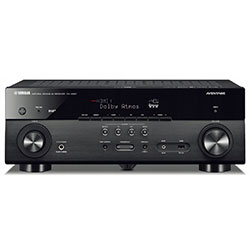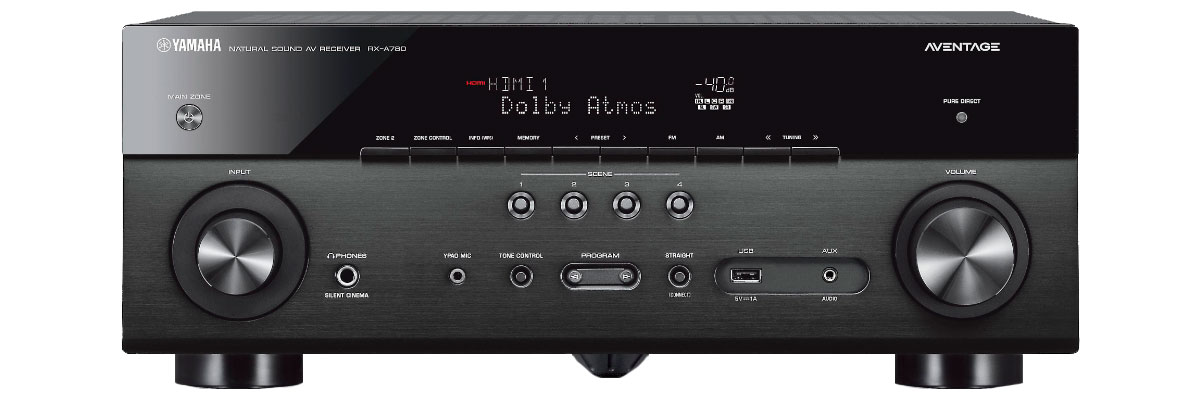 In the middle of 2019 Yamaha has released a new model of the AV receiver in the Aventage series. The novelty is called Yamaha RX-A780, it differs from the previous one in the catalog of the 680th model with increased power and additional inputs and outputs. Follow this Yamaha RX-A780 review to see all the Yamaha RX-A780 specs.
In the middle of 2019 Yamaha has released a new model of the AV receiver in the Aventage series. The novelty is called Yamaha RX-A780, it differs from the previous one in the catalog of the 680th model with increased power and additional inputs and outputs. Follow this Yamaha RX-A780 review to see all the Yamaha RX-A780 specs.
Yamaha RX-A780 review
Features
The Yamaha RX-A780 AV receiver delivers 130 watts per channel to a 6 ohm load. As expected, the Yamaha receiver is fully ready to receive and transmit 4K and HDR of all types. They have not forgotten about object-oriented formats either: the device of the series cope with Dolby Atmos and DTS: X decoding. The receiver comes equipped with Yamaha’s Cinema DSP 3D which is a more simple version of the HD3 version we had seen in some of the top tier AVENTAGE models. With Cinema DSP 3D the receiver can create natural stereoscopic sound fields like movie theaters or concert halls from a selection of 17 different DSP programs.
Design and build
The front has the usual design we see in many receivers nowadays with two big turning knobs at each side of the bottom half with the right one for the volume and the left for selecting input sources. The top half has a reflective gloss surface that is a bit of a fingerprint magnet with a functions display dead center and a thin line of buttons under it that includes some basic functions like zone 2 controls, tuner and memory buttons. On the far right there is a small pure direct button while on the left the main power button. The receiver is built on an ART anti-resonance chassis, Burr-Brown chips with 32 bit / 384 kHz parameters are installed in the DAC section, the processor supports Dolby Atmos and DTS: X, plus 17 proprietary Yamaha DSP 3D sound processing algorithms.
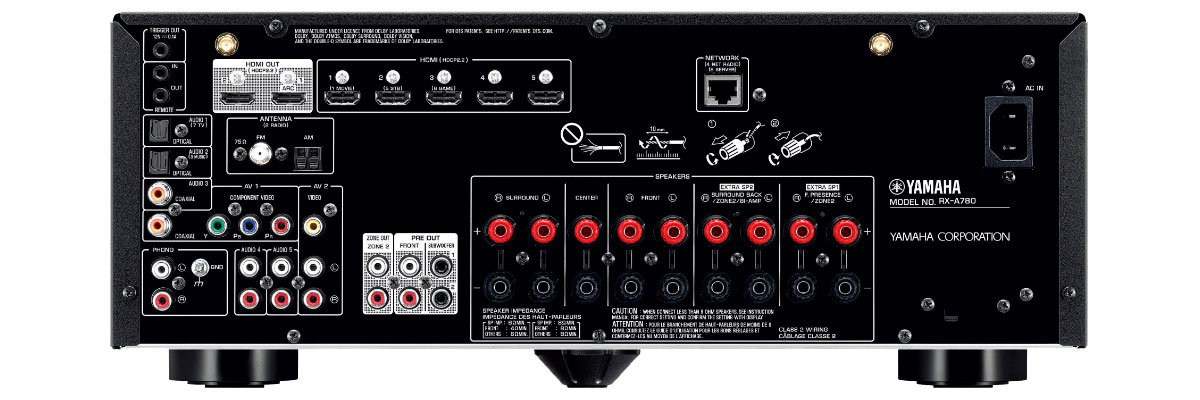
Connectivity
A pair of HDMI connectors, an optical digital input, as well as an output from a pre-amplifier to RCA were added to the equipment.
Setup
YPAO's proprietary automatic calibration system includes an RSC (Reflected Sound Control) circuit. The presence of MusicCast Surround support allows you to set up the Wireless MusicCast 20 or MusicCast 50 as the rear speakers, as well as the MusicCast SUB 100 subwoofer.
Pros and Cons
Pros
- The firmware settings screens are nicer on this model than last year's models
- The rear has every connection I should ever need in the near future
Cons
- The user interface on the system is a little tricky
Common features
Product
Model
Brand
Reviews
Amplifier
Channels
Stereo power (RMS), W/Ohm
Output impedance, Ohm
Frequency response
THD in stereo, %
Audio features
Digital to analog converter (DAC)
Bi-amping
Pure direct (straight)
Auto speaker calibration
Speaker A/B switching
Other audio features
Connectivity
Wi-Fi
USB
Bluetooth
Ethernet (RJ45)
DLNA
MHL
Streaming services
Apple Music (AirPlay)
Amazon Music
Spotify
Other streaming services
Extensive connection
HDMI input/output
HDMI ARC (Audio Return Channel)
HDMI eARC (Enhanced Audio Return Channel)
HDMI CEC
Digital content protection (HDCP)
Subwoofer output (LFE)
Headphone output
Optical digital input
Coaxial digital input
Composite input
Component input/output
Phono (MM) input
Front panel connectors
Multi channel preamp output
Video features
HDR (High Dynamic Range)
4K signal pass-through
8K signal pass-through
HDMI signal pass-through
3D signal pass-through
HDMI pass-through in standby mode
Video conversion
Analog to HDMI scaling
HDMI to HDMI scaling
Dolby Vision
Other video features
Additional features
Voice control
App control
Display
Tuner
Sleep timer
Auto power off
ECO mode
Graphical user interface (GUI)
Setup assistant
Firmware update
Other additional features
Multi-room
Multi-room zones
Zone audio output
Zone HDMI output
Multi-room control
RS-232
Remote control input/output (IR)
DC trigger output (12V)
Multichannel surround
Dolby Atmos
Dolby TrueHD
Dolby Surround
Dolby (other)
DTS:X
DTS HD Master
DTS Virtual:X
DTS Neural:X
DTS (other)
Auro-3D
IMAX Enhanced
Multichannel stereo
Audio file formats
MP3
WMA
AAC
WAV
FLAC
ALAC
Other audio file formats
Power
Operational power consumption, W
Standby consumption, W
Removable power cord
User manual
Manual
Dimensions
Size W x H x D, cm/inches
Weight, kg/lbs
Other
Release year


